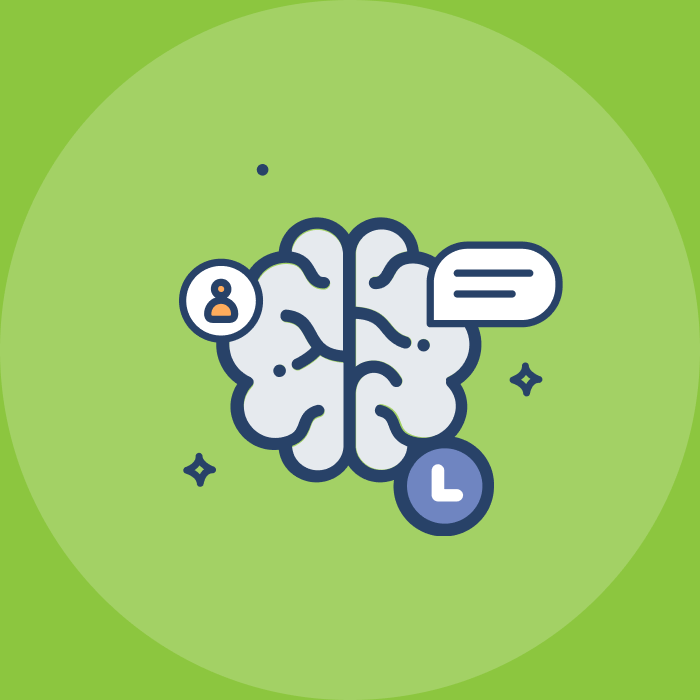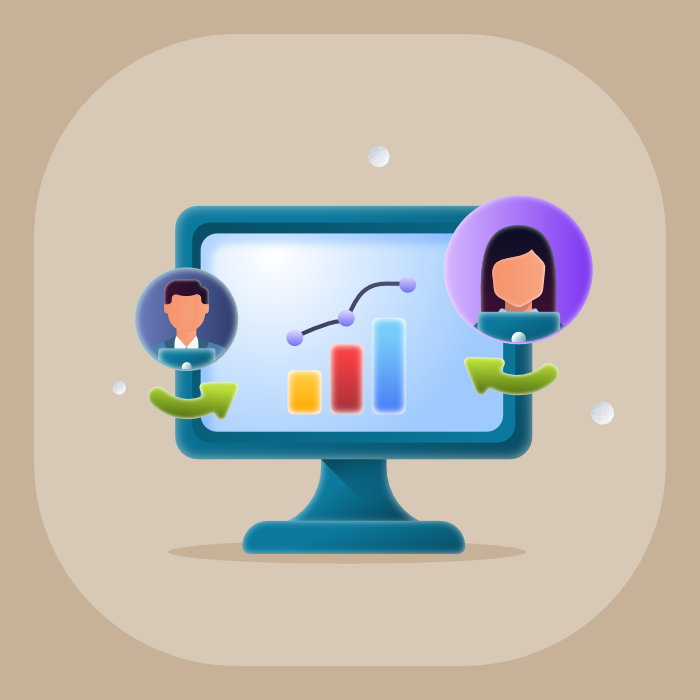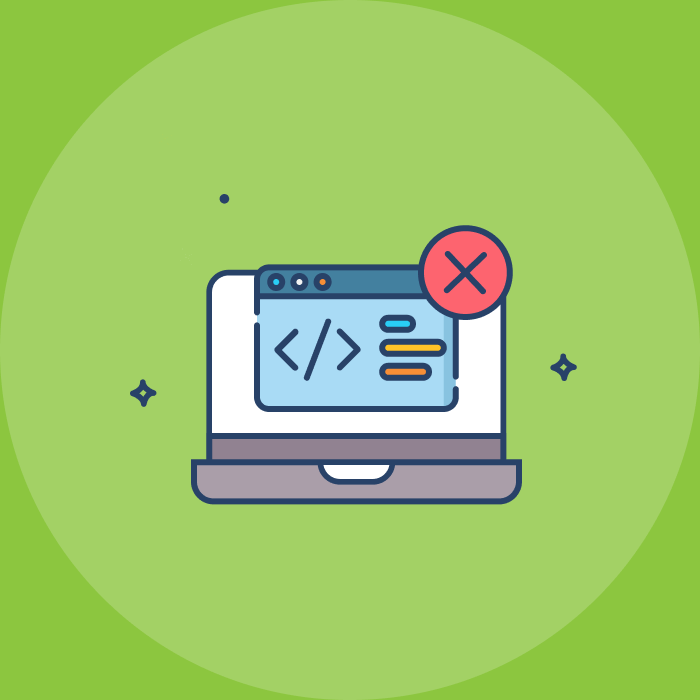If you want to scale and take your marketing agency to the next level, then you can leverage these 8 essential tools to enhance productivity, drive growth, and achieve remarkable results for your clients.
In the fast-paced world of marketing, efficiency and productivity are crucial to staying ahead of the competition. With evolving digital landscapes and an increasing demand for innovative strategies, marketing agencies must arm themselves with cutting-edge tools to streamline workflows and boost performance.
Whether managing campaigns, analyzing data, or collaborating across teams, having the right tools can make all the difference. In this blog post, we uncover 8 essential tools that every marketing agency should leverage to enhance productivity, drive growth, and achieve remarkable results for their clients. Get ready to elevate your agency's game with these must-have solutions!
1. Project Management Software
Effective project management is the backbone of any successful marketing agency. The right project management software can transform how teams organize tasks, set deadlines, and track progress. These platforms offer a centralized system where team members can collaborate in real time, ensuring that every aspect of a campaign is meticulously planned and executed.
Key features often include task assignment, which allows managers to designate specific duties to team members and monitor their completion. Milestone tracking helps teams keep an eye on important deadlines and ensures that projects stay on schedule. Additionally, integrated communication channels within these tools can reduce the need for lengthy email threads, making it easier to convey updates or changes swiftly.
One of the greatest advantages of using project management software is its ability to provide an at-a-glance overview of project status through dashboards and Gantt charts. These visual tools enable managers to identify bottlenecks and reallocate resources as needed quickly.
Moreover, many of these platforms offer time-tracking features that help manage workloads and aid in accurate client billing. This level of organization boosts internal productivity and enhances client satisfaction by delivering timely and well-coordinated campaigns.
In the dynamic environment of marketing agencies, effective communication is critical. Communication and collaboration platforms play an essential role in ensuring teams stay connected, informed, and aligned on project objectives. These platforms allow for real-time conversations, file sharing, and seamless integration with other tools.
Instant messaging features reduce the need for lengthy emails, allowing team members to address questions or updates quickly. Video conferencing capabilities enable face-to-face meetings, which are crucial for brainstorming sessions and client presentations. Additionally, threaded conversations help keep track of different topics without causing confusion.
Many communication platforms also offer integration with project management tools and cloud storage services, centralizing all necessary information in one place. This accessibility reduces time spent searching for files or important messages.
Moreover, features like status indicators and notifications ensure that team members are aware of each other's availability, facilitating smoother coordination. Enhanced internal communication translates into faster decision-making and more agile responses to client needs.
In summary, robust communication and collaboration platforms foster an environment of clarity and cohesion within marketing agencies, driving projects forward efficiently while strengthening team dynamics.
In today’s digital age, social media is a powerful channel for marketing agencies. Social media management tools are indispensable for efficiently handling multiple accounts and crafting engaging content. These platforms allow teams to schedule posts in advance, ensuring consistent and timely updates across all channels.
With built-in analytics, agencies can monitor engagement metrics such as likes, shares, and comments to gauge campaign performance. Advanced features like social listening enable teams to track brand mentions and trending topics in real time.
Social media management tools help agencies optimize their strategies and elevate their online presence by streamlining content scheduling and providing valuable insights.
3. Client Relationship Management (CRM) Systems
Agency client management systems are crucial for maintaining and nurturing client relationships. These platforms centralize client data, track interactions, and streamline communication, providing a unified view of each client's journey. By managing contacts, sales pipelines, and customer interactions in one place, agencies can ensure personalized service and follow-ups.
Advanced CRM features like task automation, and reminder setups help teams stay organized and responsive. Integration with other marketing tools ensures seamless data sharing and more cohesive strategies.
Analytics within CRMs provide insights into customer behavior and preferences, allowing agencies to tailor their approaches effectively. Ultimately, a robust CRM system enhances client satisfaction by delivering timely, personalized experiences that foster long-term loyalty and drive business growth.
4. Web Analytics Solutions
Web analytics solutions are vital for marketing agencies aiming to maximize their digital performance. These tools provide in-depth insights into website traffic, user behavior, and conversion rates. By analyzing metrics such as page views, bounce rates, and session durations, agencies can understand how visitors interact with their websites.
Moreover, these platforms offer tracking capabilities for various marketing campaigns, enabling the assessment of ROI and identifying areas for improvement. Customizable dashboards allow for real-time monitoring and easy reporting to clients.
With actionable data at their fingertips, agencies can make informed decisions to enhance user experience, refine content strategies, and improve overall campaign effectiveness. Implementing robust web analytics solutions leads to data-driven strategies that drive significant business growth.
SEO optimization tools are essential for marketing agencies focused on enhancing their clients' online visibility. These platforms offer a comprehensive suite of features, including keyword research, competitor analysis, and site audits. By identifying high-performing keywords and tracking search engine rankings, agencies can develop effective strategies to improve organic search performance.
Competitor analysis provides valuable insights into rival tactics, enabling agencies to stay ahead in the competitive landscape. Site audit features highlight technical issues such as broken links, slow loading times, and missing metadata that may affect search engine rankings.
Moreover, many SEO tools offer backlink analysis to help build high-quality link profiles. Utilizing these robust tools ensures that a client's website is optimized for search engines, resulting in increased traffic and a better overall digital presence.
6. Design & Content Creation Software
In the visually driven world of marketing, compelling graphics and engaging content are crucial. Design and content creation software enables marketing agencies to produce high-quality visuals and written material that captivate audiences. These tools offer a wide range of templates, design elements, and intuitive interfaces suitable for both novice users and experienced designers.
By streamlining the creation process, these platforms allow teams to quickly generate eye-catching social media posts, infographics, blog graphics, and other marketing collateral. Collaboration features make it easy for team members to work together on projects in real time, ensuring cohesive brand messaging.
Additionally, advanced design tools provide capabilities like photo editing, custom typography, and vector illustrations to create polished professional work. Leveraging these robust design solutions helps agencies effectively communicate their client's brand stories through visually appealing content that drives engagement and conversion.
Marketing automation platforms streamline many repetitive tasks, enabling agencies to focus on strategy and creativity. These tools excel in automating email marketing, lead management, and customer segmentation. By setting up automated email workflows, agencies can nurture leads and maintain consistent communication with prospects.
Advanced segmentation features allow for personalized messaging that enhances engagement and conversion rates. Additionally, marketing automation platforms often integrate with CRM systems to ensure seamless data flow between sales and marketing teams.
Analytics dashboards provide insights into campaign performance, helping teams make data-driven decisions. The automation of these processes not only saves time but also ensures more consistent execution of marketing strategies. Implementing a robust marketing automation platform boosts efficiency and drives better results for clients.
8. Email Marketing Software
Email marketing software is vital for crafting effective email campaigns, managing subscriber lists, and analyzing performance metrics. These platforms simplify the creation of visually appealing emails through intuitive drag-and-drop editors and customizable templates. Advanced segmentation options allow agencies to target specific audience groups with personalized content, increasing engagement and conversion rates.
Automated workflows enable timely follow-ups, welcome series, and drip campaigns without manual intervention. Real-time analytics provide insights into open rates, click-through rates, and overall campaign effectiveness, allowing for continuous optimization.
Additionally, A/B testing features help determine the most effective subject lines and content strategies. By leveraging robust email marketing services, agencies can maintain consistent communication with their audience, nurture leads effectively, and drive client success through high-impact email marketing strategies.
Subscribe to weekly updates
You’ll also receive some of our best posts today






